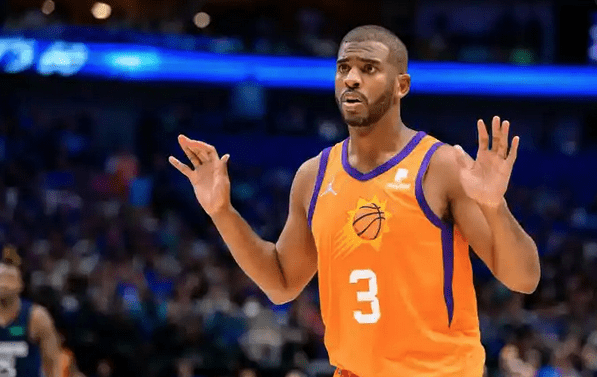THE sport lost another good man recently with the death of Tommy Wright of Doncaster, aged 70, in early May. Tommy had exactly 50 professional contests in a topsy-turvy career that lasted between 1973 and 1980. He lost more than he won but the names on his record are a roll call of the very best domestic lightweights during that time. His professional career was unquestionably disappointing, but he was a very talented boxer who delivered much as an amateur.
He started out with the famous Doncaster Plant Works BC, winning the National Schools title in 1968 and the NABC championships in both 1968 and 1969. He was born in Scotland but, having moved to England as a young lad, he pledged allegiance to the latter country and he made his full English debut in 1971, losing out to big-hitting bantamweight Mick Dowling in a match against Ireland. Within three months he became the ABA featherweight champion by beating Repton’s Derek Hollyoak on what was Tommy’s 19th birthday. The BN headline ‘Hollyoak gets a hiding from Wright’ was followed by a report which stated that “Holloyoak was given a lesson by the fit, determined Wright, who withstood Derek’s best blows and came back to outpunch the highly regarded Londoner. Holloyoak badly needed a big last round, but he did not have the strength to deliver. Wright maintained a firm grip on the exchanges, outpunching Hollyoak all through the final round and even having him on the verge of a knock-down”.
This victory earned Tommy selection for the English team in the European Championships, held in Madrid in the summer of 1971. After beating Daniel Trioulaire, who would go on to become a four-time challenger for the European featherweight title as a professional, Tommy was outpointed by Ireland’s Brendan McCarthy in a close contest in the second series. In 1972 Wright was beaten by Vernon Sollas in the ABA Quarter-final and then, after being snubbed by the selectors for the 1972 Olympics despite beating Kirkland Laing in a special eliminating bout, he threatened to turn pro. He relented for another season but, after failing to win back his ABA title, Tommy finally turned over in June 1973. He was snapped up by George Francis, joining a stable that included John Conteh, Bunny Sterling, Bunny Johnson and Pat McCann.
In those days there was no cherry-picking easy opponents for newly turned professionals and Tommy was thrown in with Edinburgh’s George McKay in an eight-rounder on an Anglo-American Sporting Club promotion at the London’s Hilton Hotel. McKay had won four of his nine contests and he represented a tough challenge for young Tommy. The two men battled to a draw after a stubbornly fought contest. In his fourth contest Tommy was outpointed by bis amateur nemesis, Vernon Sollas, in another tough featherweight contest at the Royal Albert Hall. Angelo Dundee was a guest of honour that night and he was very impressed with Sollas, tipping him as a future champion.
Wright’s professional career then veered in the opposite direction as he became a tough trial-horse for many continental opponents, frequently boxing against the up-and-comers in rings around Europe, whilst holding his own against most of his domestic opponents in a variety of sporting clubs up and down the country. His best wins came against John Mitchell, Noel McIvor, Billy Smart, Mario Stango and Colin Miles.
In 1976 he fought against ex-British champion, Tommy Glencross, losing on points in a Scottish lightweight title contest. He was wiped out by Cornelius Boza-Edwards in a round in at York Hall in 1977 and he hung up his gloves after a five-round loss to Cliff Gilpin in 1980.
Tommy struggled in his later years, but he was well-cared for by a dedicated team of nursing staff, with whom he was very popular, and he is to be cremated on June 23 at Scunthorpe Crematorium following a 10.20 service at Winterton church.





